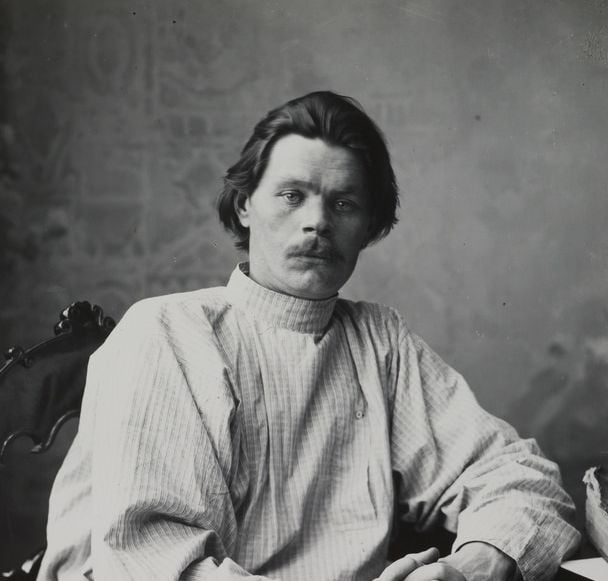Concepts of Celestial Wheels and Bowls of Fire
This section explores the impact of Ionic thought on early Greek cosmology, focusing on key figures such as Xenophanes of Colophon and Heraclitus of Ephesus. Their contributions, building upon Milesian theories, delve into the condensation of heavenly bodies into fiery clouds and circular courses, providing insights into the evolving understanding of the universe.
Xenophanes of Colophon (c. 570-490 BCE)
Xenophanes migrated from Ionia to Italy, fleeing the Medes’ takeover, and carried forward Milesian theory. While emphasizing the de-anthropomorphization of god Anaximander of Miletus, he shared the view of heavenly bodies condensing from earth’s exhalations into fiery clouds. Similar to Anaximines, Xenophanes envisioned these bodies following circular courses, conceived as bands or zones, and becoming obscured behind high parts of the earth (Aetius 2.20.3).
Heraclitus of Ephesus (c. 500 BCE)
Heraclitus, known for criticizing his predecessors, continued the theme of creation through the balance of different substances and the process of condensation, particularly from fire. According to him, night formed from murkier exhalations from the earth, while day resulted from exhalations ignited by the sun. Celestial bodies, including the sun, moon, and stars, were described as fire caught in bowls, tipping away to cause eclipses and lunar phases. Heraclitus explained the varying brightness of the moon and sun based on their proximity to the earth and the purity of the surrounding air (Diog. Laert. 9.8-11).
Parmenides, Empedocles, and Pythagoreans
Later philosophers Private Bosphorus Tours, often referred to as “Presocratic,” specialized in refining and applying empirical observation and deduction. Parmenides and Zeno focused on exposing fallacies in analytical thinking, while followers of Pythagoras extended their theories to develop ideas about divinity, astronomy, universal harmony, and mathematics. These thinkers continued to build upon and debate the foundational principles established by the Milesian thinkers, contributing to the ongoing evolution of Greek cosmology.








